February 22, 2013
Companies failing to communicate flexible working policies

Less than one fifth of staff are being encouraged to work flexibly, with businesses failing to reap the rewards of increased productivity and employee well-being resulting from modern work practices and technology. New research by O2 reveals that whilst staff are ready to embrace new ways of working and understand the benefits, it is employers who are holding them back. More than three quarters (77 per cent) of employers say that flexible working is actively encouraged across their organisation but less than a fifth (19 per cent) of staff say their company encourages them to work flexibly. (more…)








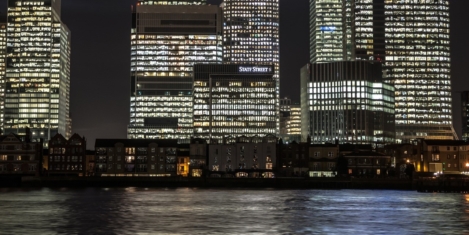
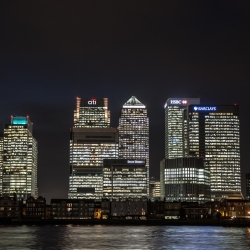



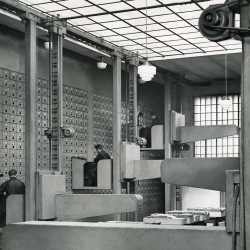
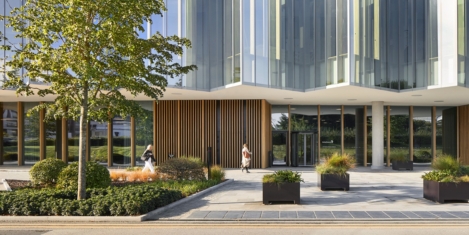
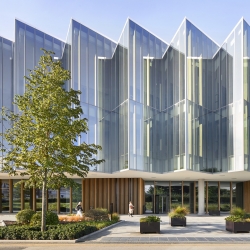



















February 24, 2013
Yahoo is not the only firm that doesn’t like flexible working
by Mark Eltringham • Comment, Facilities management, Technology, Workplace, Workplace design
(more…)